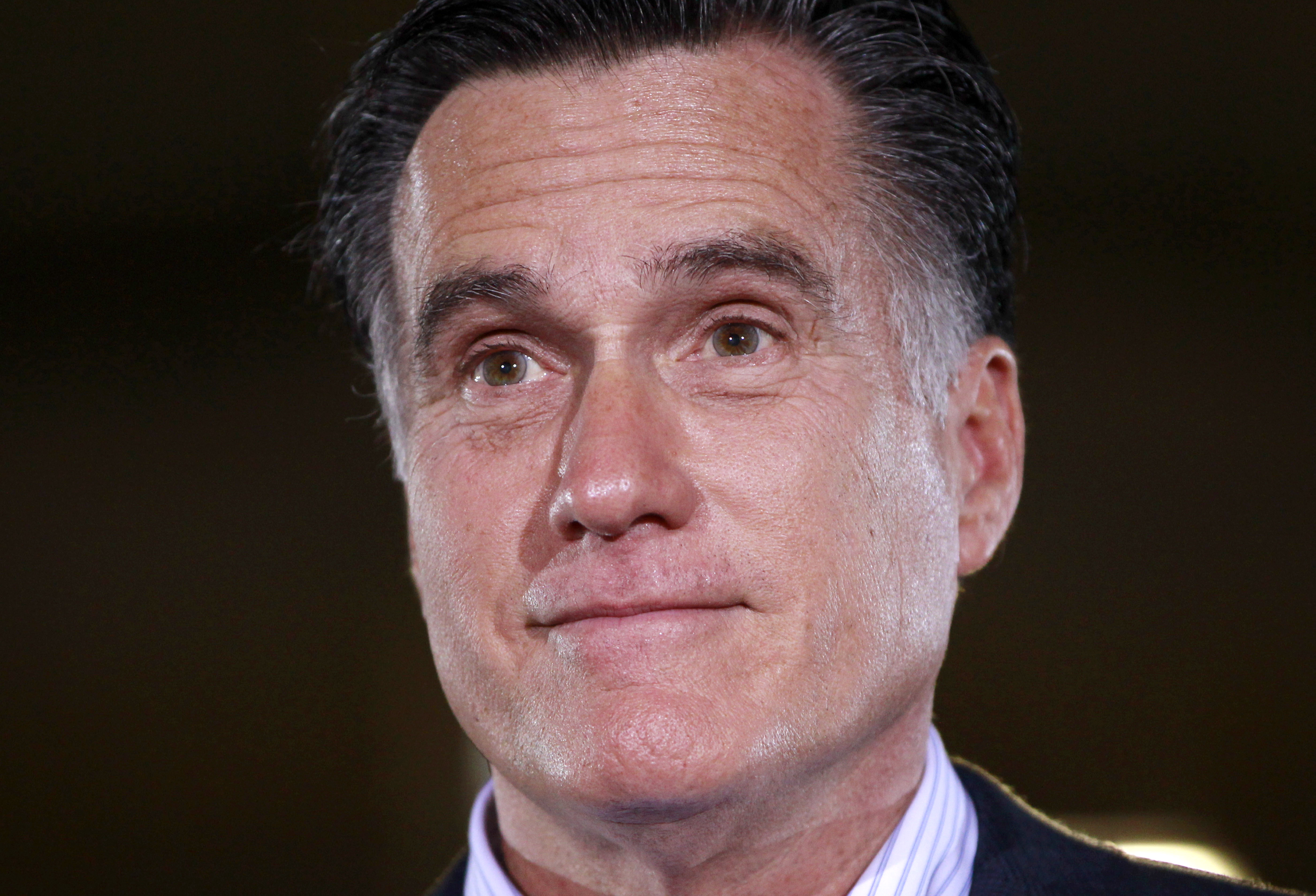A win is better than a loss, but former Massachusetts Gov. Mitt Romney's victory in Tuesday's Illinois primary raises as many questions as it answers about the intensity of his support.
Even in relatively liberal Illinois, the moderate Romney was unable to get past the 50 percent mark. He got 47 percent of the vote. That compares with conservative former Pennsylvania Sen. Rick Santorum's 35 percent, Texas Congressman Ron Paul's 9 percent and former House Speaker Newt Gingrich's 8 percent.
Romney failed again to draw the support of staunch conservatives away from Santorum. That casts fresh doubt on Romney's ability to motivate the conservative base, without which he cannot defeat President Barack Obama in the general election in November.
The trouble that Romney keeps running into is the strong and unfortunately justified fear that he may not provide the really conservative leadership needed to begin undoing the grievous damage Obama has done not only to the economy but to the very principles of limited government and the rule of law.
Obama has seen bigger government -- through disastrous legislation such as the "stimulus" -- as the answer to every problem. When such efforts fail, Democrats complain that Republicans prevented Congress from making the programs big enough. Yes, if you can believe it, quite a few Democrat leaders actually believe the only thing wrong with the stimulus is that it wasn't far larger. They have the temerity to say that even though Obama said the stimulus would keep unemployment below 8 percent. Unemployment has not been under 8 percent even once since soon after Obama took office.
An even larger instance of government creating disaster is ObamaCare -- whose estimated cost has nearly doubled now that more years of its full implementation are being included in the Congressional Budget Office's projections.
That poses a serious problem for Romney because his health program in Massachusetts was the model on which ObamaCare -- with its unconstitutional mandate forcing Americans to buy government-approved insurance or be fined -- was based.
Santorum has correctly described the obstacle Romney faces should he be the GOP nominee: Romney will be unable to argue credibly against ObamaCare when he championed a program that is so close in substance to ObamaCare.
That is perilous because not only conservatives but moderates fiercely oppose ObamaCare. Standing against this government takeover of medical care is a winning issue for Republicans, but one that will be largely out of reach for Romney. If voters who dislike ObamaCare do not feel the Republican candidate facing Obama offers "a choice, not an echo," as conservative Phyllis Schlafly once called it, enough of them may stay home on Election Day to guarantee Obama's re-election.
"[W]e can't give the most important issue away in this election," Santorum has reminded voters.
Unfortunately, that is precisely what will happen if Romney is the nominee.

